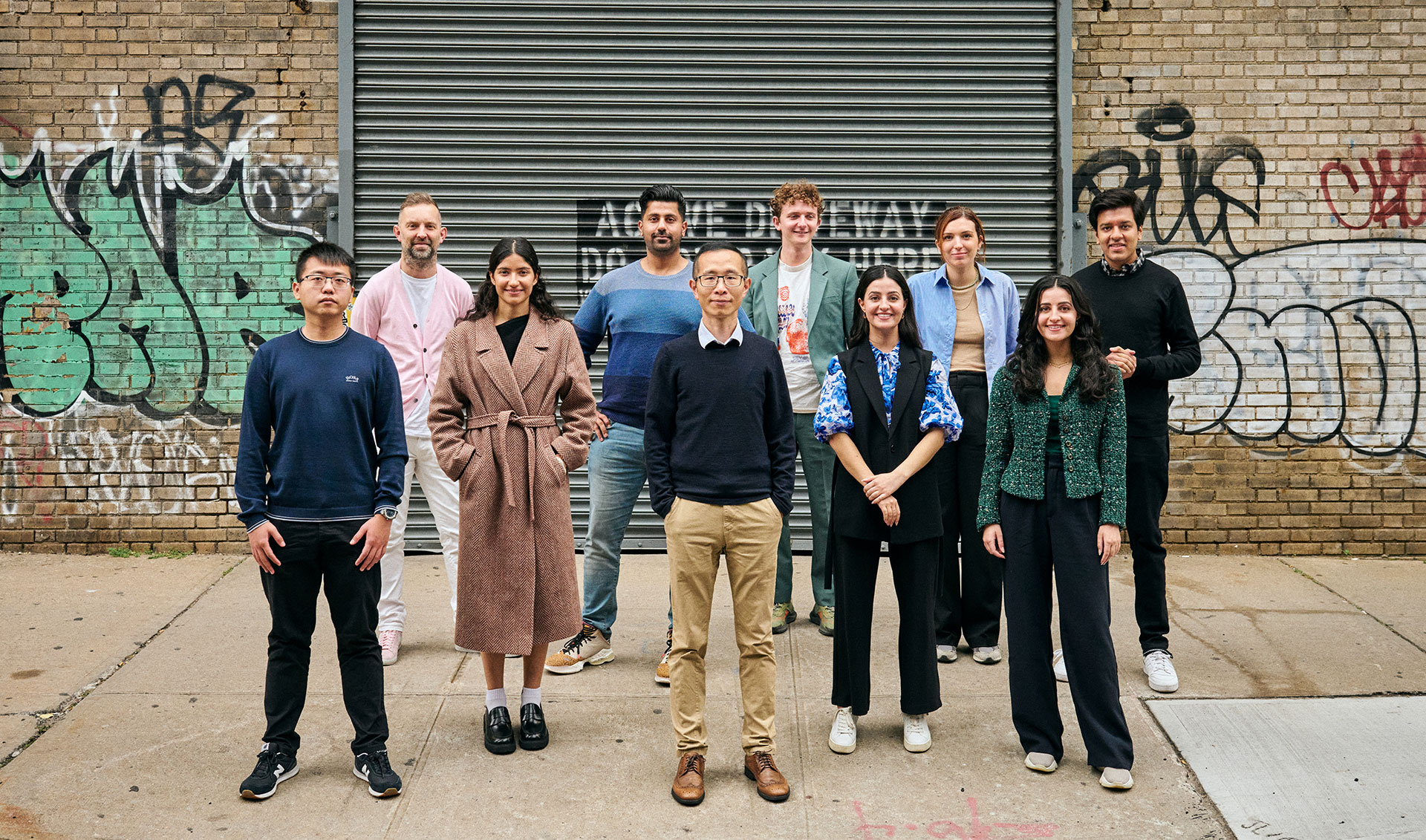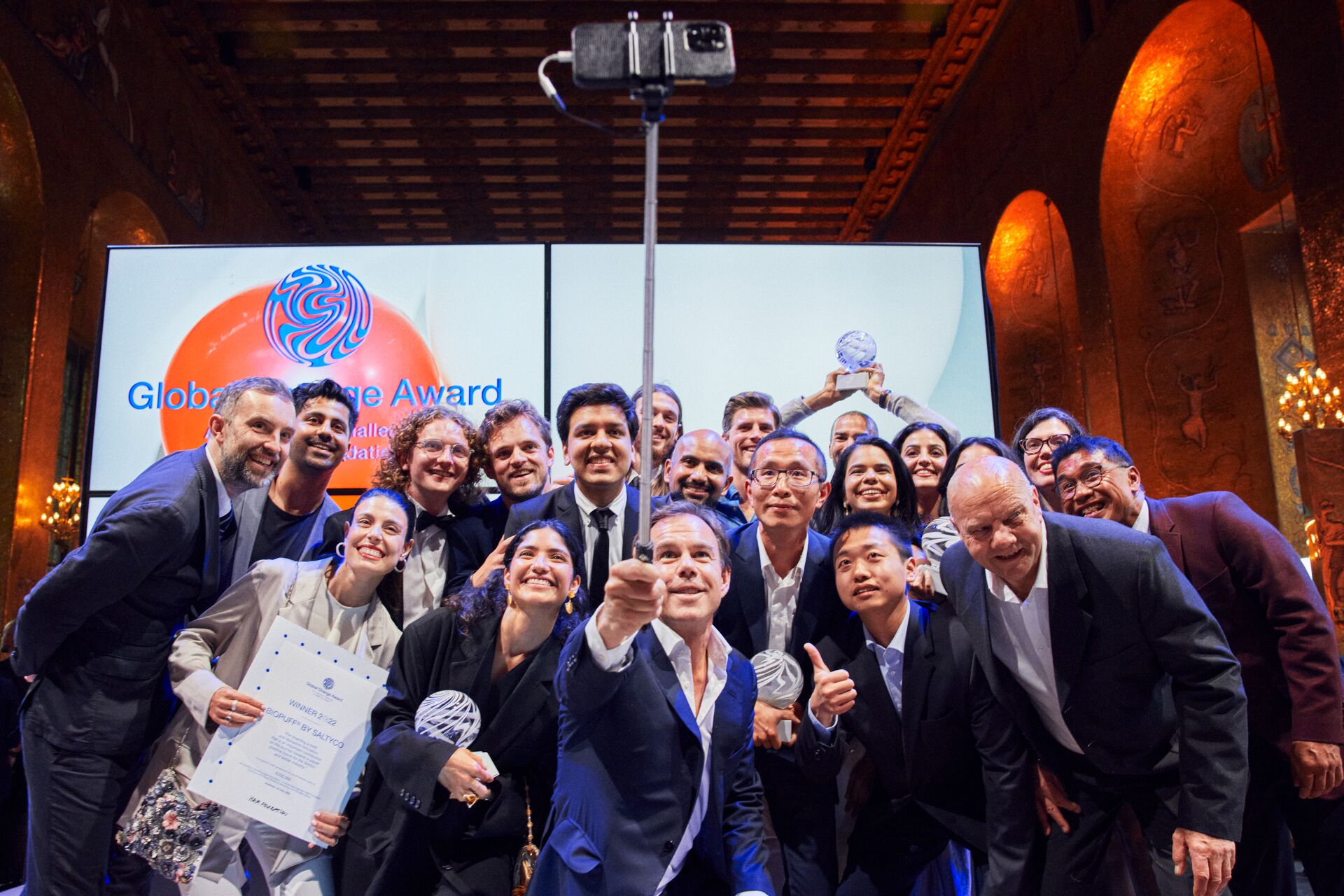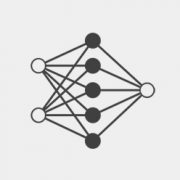Controlling recurrent infectious diseases is a vital yet complicated problem in global health. During the long period of time from patients becoming infected to finally seeking treatment, their close contacts are exposed and vulnerable to the disease they carry. Active screening (or case finding) methods seek to actively discover undiagnosed cases by screening contacts of known infected people to reduce the spread of the disease. Existing practice of active screening methods often screen all contacts of an infected person, requiring a large budget. In cooperation with a research institute in India, we develop a model of the active screening problem and present a software agent, REMEDY. This agent assists maximizing effectiveness of active screening under real world budgetary constraints and limited contact information. Our contributions are: (1) A new approach to modeling multi-round network-based screening/contact tracing under uncertainty and proof of its NP-hardness; (2) Two novel algorithms, Full- and Fast-REMEDY. Full-REMEDY considers the effect of future actions and provides high solution quality, whereas Fast-REMEDY scales linearly in the size of the network; (3) Evaluation of Full- and Fast-REMEDY on several real-world datasets which emulate human contact to show that they control diseases better than the baselines. We also show that the software agent is robust to errors in estimates of disease parameters, and incomplete information of the contact network. Our software agent is currently under review before deployment as a means to improve the efficiency of district-wise active screening for tuberculosis in India.








